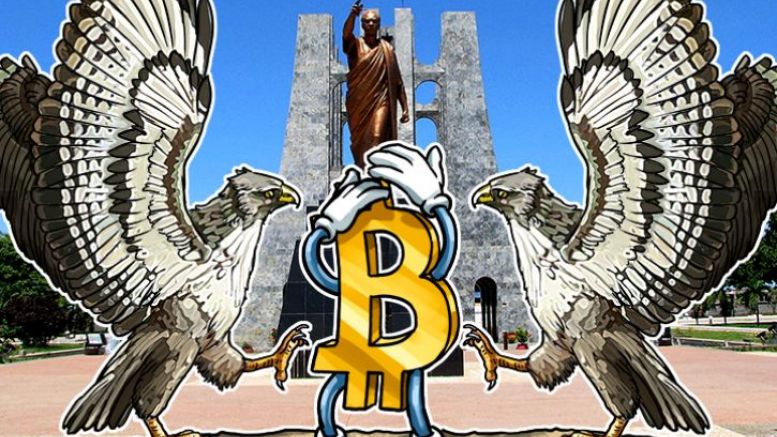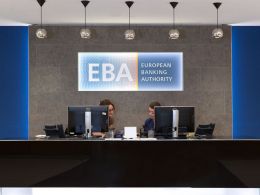
Ghana’s Anti-Money Laundering Body Cites Virtual Currency Use as National Security Risk
Ghana’s Financial Intelligence Centre says the use of virtual markets and virtual currencies such as bitcoin and kitiwa is a severe risk to the country’s security. The assessment is based on available international records that show insurgencies have been funded from Ghana. Saddled with combating money laundering and terrorist financing, the centre is now working to make Ghana the first country in West Africa to publish its national risk assessment. The country will also undergo the second phase of a regional mutual evaluation against money laundering in its readiness to fight the crime,....
Related News
The European Banking Authority (EBA) has advised that the European Commission establish a regulatory regime specific to virtual currencies such as bitcoin. Commenting on the commission’s proposal to amend the existing European anti-money laundering directive, the EBA expresses the opinion that, in the long term, oversight of digital currencies should not fall under regular anti-money laundering provisions, but rather under a specialized EU body. In a response to the commission published by the EBA in August 2016, the banking authority suggests that the existing anti-money laundering....
Herman Neglyad, the deputy of the Russian anti-money laundering body, Rosfinmonitoring, has said his organization will monitor cryptocurrency transactions that involve the conversion from crypto to fiat. Neglyad made this revelation during a recent meeting of the State Duma Committee on financial markets. Banks Already Cooperating According to a Russian news site, Regnum, the anti-money laundering body is already getting cooperation from banks. “Banks have already begun to pay attention to exchange operations, that is, when they see that an operation has come after the exchange of....
The executive branch of the European Union today adopted a proposal meant to make it more difficult for terrorists and money-launderers to operate by revising existing anti-money laundering (AML) protections. Tucked away in the list of changes proposed by the European Commission is a measure specifically designed to prevent terrorists from using virtual currencies and other financial tools deemed as risk for abuse, such as prepaid cards. Under the terms of the proposal, virtual currency exchanges and custodian wallet providers will be brought under the purvey of the EU's Anti-Money....
Nigeria's Central Bank has reportedly called for bitcoin regulation in an attempt to stop money laundering and avoid international penalties. Speaking at the second Anti Money Laundering/Combating Financial Terrorism Stakeholders Consultative Workshop held in Abuja - the country's capital - Dr Okwu Nnanna, deputy governor of financial system stability at Nigeria's Central Bank (CBN) said: "Virtual currency was dangerous because it was not a legal tender of any country hence it has a borderless nature without jurisdiction which makes it a channel for money laundering." According to media....
As the popularity of virtual currency reaches a new crescendo so is the demand to regulate it. The latest one jumping on the 'regulate digital currency' bandwagon is the Central Bank of Nigeria (CBN) which wants the transactions to remain strictly under control. The concerns over the virtual currencies were shared by the Director in charge of the Financial Policy and Regulation Department of the CBN, Mr. Obot Akpan, on behalf of the Deputy Governor, Financial System Stability, of the (CBN) Dr Okwu Nnanna in Abuja. He was speaking at the 2nd Anti-Money Laundering/Combating Financial....





